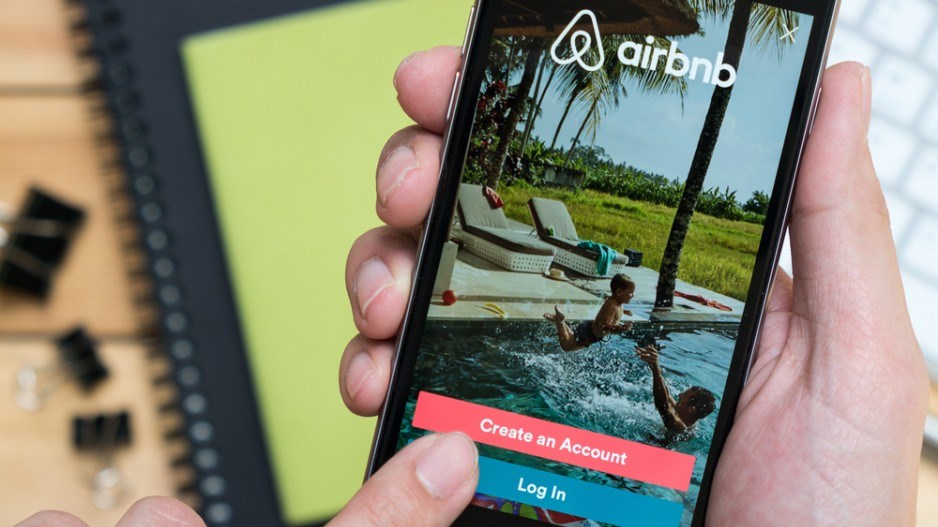Vancouver city council next week is expected to vote on a plan to regulate short-term rentals, require hosts to get licences and impose penalties on scofflaws.
The city’s agreement with the world’s largest short-term rental company, Airbnb, will require hosts to update their short-term rental listings on that platform to display a business licence from the city when marketing their principal residence. Secondary residences will not be allowed to be licensed.
Beginning April 19, Airbnb will include a field for all hosts in Vancouver to list their short-term rental business licence, according to the city.
New hosts will be required to include a business licence as part of their profile before they can post or rent their unit. Existing hosts have until August 31 to obtain a short-term rental business licence from the city and include it on their online listings. After that date, Airbnb will deactivate existing listings that do not include a business licence.
Anyone who lists a short-term rental from September onward and who does not have a business licence will be subject to a fine of up to $1,000 per day and potentially legal action.
Short-term rental hosts who do not have a licences by August 31 can reactivate their listing once they have obtained a licence and entered the licence number into the platform.
The city now estimates that there are 6,600 short-term rental listings in Vancouver, and Airbnb represents more than 88% of the Vancouver market.
Starting April 19, home owners and renters in Vancouver may apply online for a business licence to operate short-term rentals from their principal residence.
“The city’s new short-term rental regulations strike a fair balance for Vancouver residents who rely on income from short-term rentals to help make ends meet, while also recognizing that our first priority has to be making sure that Vancouverites have a secure and affordable place to call home,” said Mayor Gregor Robertson.
The city approved regulations in November to allow Vancouver residents to rent their principal residence on a short-term basis. Before and after that date there were many critics who questioned the city’s ability to enforce compliance, particularly because there were many thousands of listings before November, when the listings were illegal.
To help the city enforce compliance with its new plan, Airbnb will on a quarterly basis provide the city with a list of all Vancouver licences and associated addresses that have short-term rentals on the platform.
The city’s enforcement team will then cross-reference the list with city records in an aim to identify illegal operators.
Existing and new Airbnb hosts will be required to grant permission for Airbnb to share information with the city before they can list their rental, according to the city.
“Our agreement with Airbnb is a key step towards promoting compliance with our new short-term rental program, and we are very pleased to be working with them to help ensure all Vancouver listings on Airbnb are licensed,” said Kaye Krishna, general manager of development, buildings and licensing.
There has been a clear trend of home owners wanting to rent out part or all of their homes on a short-term basis and the phenomenon has been as challenging for existing bed and breakfast operators as it has for municipal governments across the region.
Business in Vancouver last year looked into how various municipalities were dealing with short-term rentals.
The B.C. government announced plans in February to start taxing Airbnb operators to put them on a level playing field with established bed-and-breakfast business owners.




